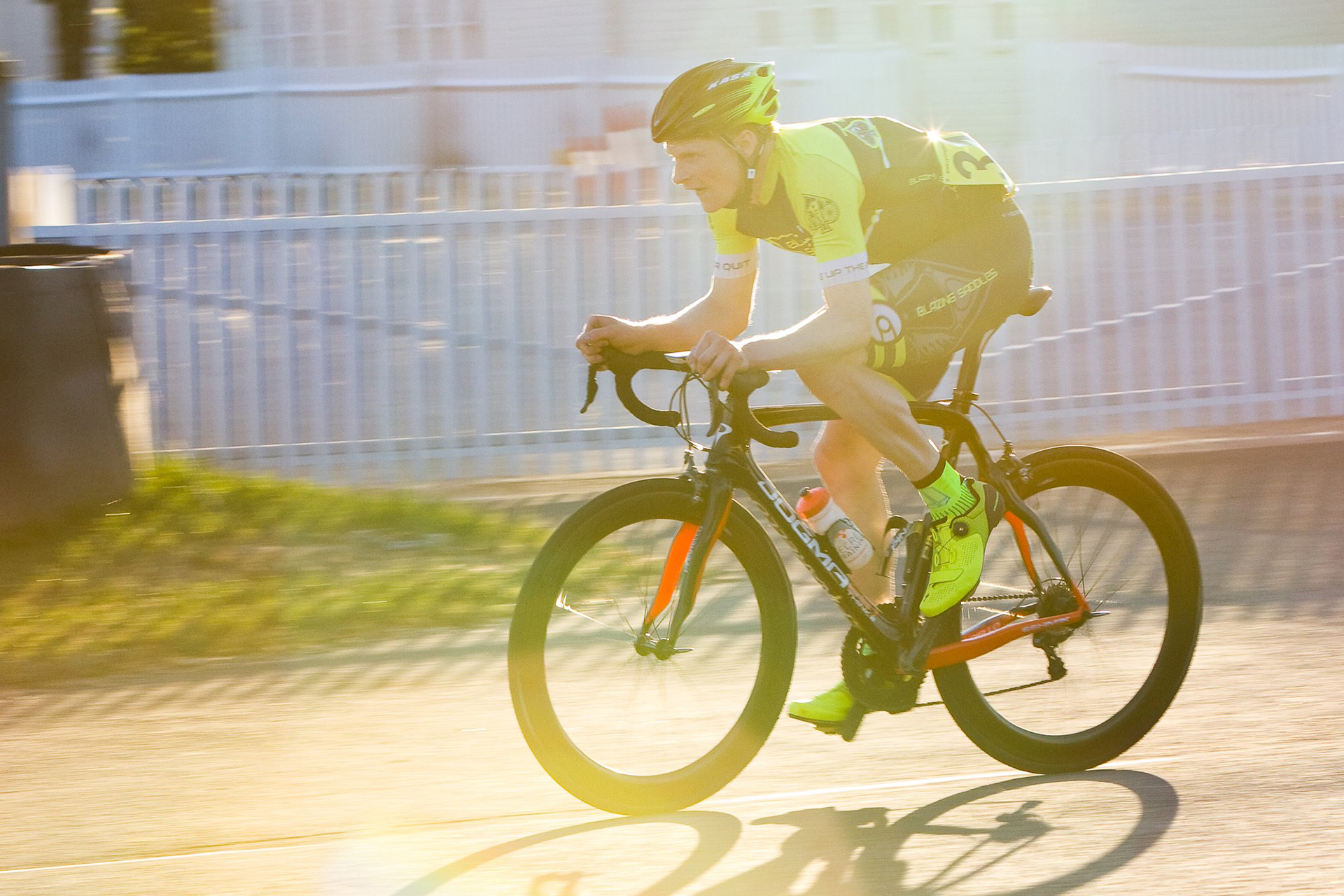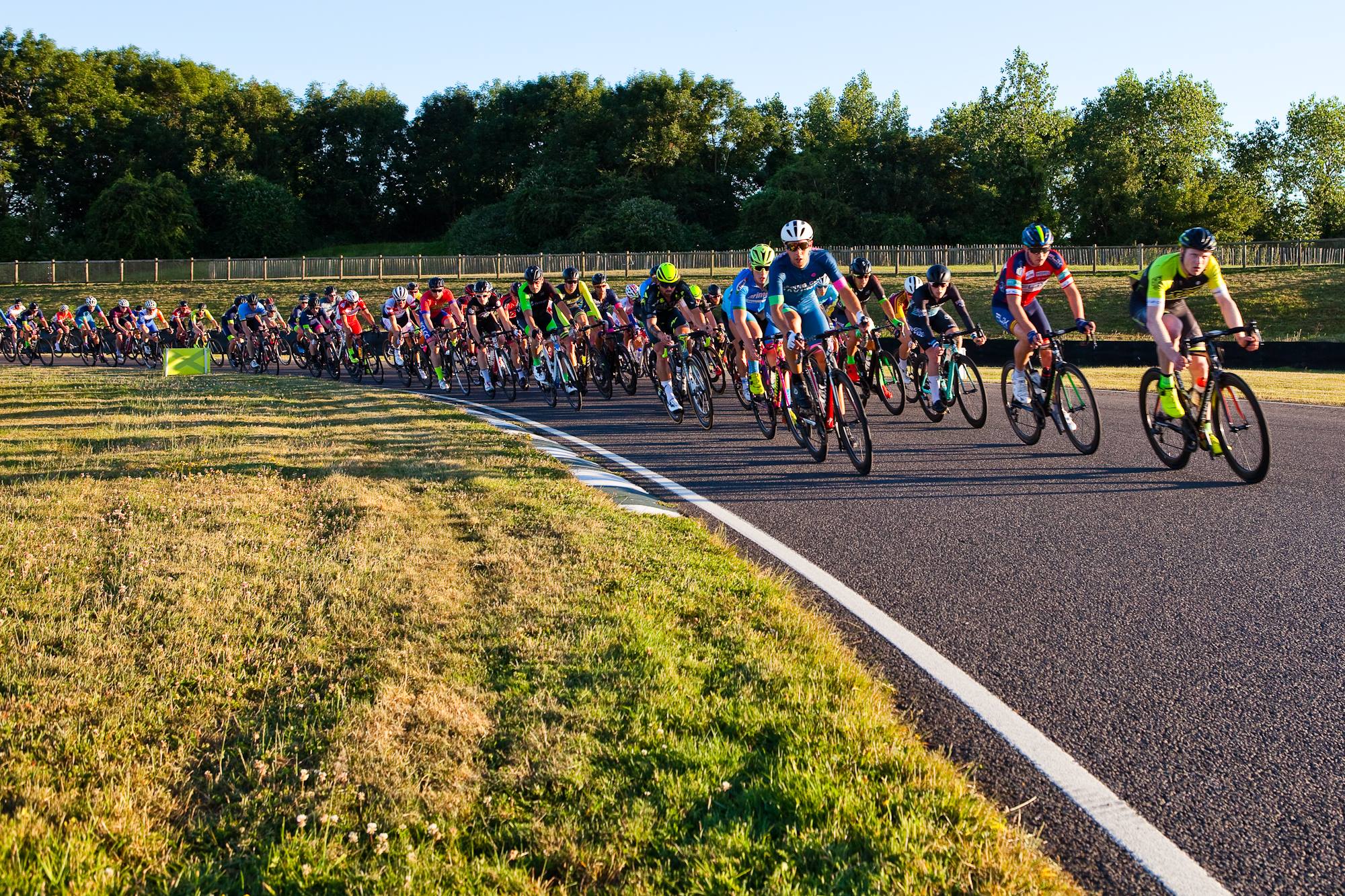James Mapley is a former University of Kent Sports Scholar and graduate of the Kent Law School. Having been a part of Scholarship programme, and being crowned Scholar of the Year for 2016-17, we caught up with him to find out how he is getting on outside of the University.
What did you study at Kent, when did you graduate and what have you been up to since graduation?
I studied LLB Law and graduated in 2017 with first-class honours. Since leaving University, I have qualified as a Solicitor at Irwin Mitchell LLP, specialising in Construction and working as part of a national team.
What are your fondest memories of studying at Kent and aside from getting your degree what skills did you learn whilst at University that has helped you in later life?
The scholar scheme was the closest I have come to feel like a professional athlete. I loved the testing in the sports hall and relished the opportunity to measure myself against others. I think testing was a great reality check of your performance at a given moment in time. I also enjoyed the strength and conditioning sessions that I did with Chris Payne on Monday mornings at 7 o’clock. There was nothing better than starting the week off on the right foot. I loved the structure and routine which the sessions gave me. The skills I developed on the scholar scheme are entirely transferrable to the workplace. The qualities of drive, passion, commitment, loyalty, discipline adaptability, resilience, and an ability to manage under pressure were required throughout my time on the scholar scheme. On entering the ‘working world, these qualities transfer directly into the workplace. Having developed these qualities prior to entering the working world, differentiates you from the majority and helps you stand out.
You were a Kent Sports Scholar during your time at University, how did the Scheme support you to continue cycling and competing whilst studying?
My proudest moment whilst at university was being awarded sports scholar of the year in my final year, alongside Jasmine Pomeroy. It was the culmination of three years of hard work and topped off my degree result too. The scheme supported me financially to pay for and travel to events and give me an advantage by staying close to the race location overnight (where races were a fair distance away). Whilst I did most of my bike maintenance myself, the scheme helped me pay for my equipment to ensure the only excuse on race day was me – never the bike!
Can you comment on how the Sports Scholarship Strength and Conditioning programme and having access to the coaches improved your performance whilst at University?
My performance improved as a result of doing the strength and conditioning sessions. My power data reached its best levels whilst I was on the scheme and my results improved each year as we reviewed, tweaked and revised our programme. Chris knew the muscle groups required for time trialling and helped me focus on strengthening my core and glutes to maximise my power output, whilst staying in an aerodynamic position. The training effect culminated in top tens in both of my BUCs events in my final year.
Can you remember your first bike – was it a balance bike or maybe a retro BMX, and what are your memories of riding for fun as a junior?
I remember my first road bike very well. It was one of my dad’s old frames which we built up. I was very lucky as it was so light. I was still playing rugby at the time so had some good, explosive power for short periods of time, but I would often be running on empty after an hour on the road!
Most active students will remember riding a bike when they were younger but can you remember when you first decided to transition to racing and competing in cycling rather than just riding for fun?
I moved to my current club (Blazing Saddles) when I was 14. The shop/team owner encouraged me to try racing as I had a good engine, just very little tactical nouse. I actually won my first ever road race as a 4th cat, which at the time, promoted me to 3rd cat after just one race. I realised I was better at constant threshold efforts, rather than sporadic hard efforts – hence my move to try time trialling.
Can you provide a brief timeline of your first cycle competition and how you progressed into the specifics of Road Racing and Time Trialling as per your Scholarship discipline and whether you continue to compete today?
I do still compete today, although as I have transitioned across to triathlon, I cannot focus solely on cycling. Cycling does, however, remain my strongest discipline.
In your final year on the Scheme you were honoured with the Sports Scholar of the Year Award, can you comment on this success and whether this helped provide a platform after graduation?
The first credential I listed on my CV for my legal applications was that I was sports scholar of the year. I think the award itself speaks volumes for the kind of person you are, your qualities including work ethic, drive and willingness to succeed. It is a great talking point and has frequently featured in interviews as being an area of interest. It’s an award which not many others have been awarded, and I take great pride that out of the group of talented sportsmen and sportswomen on the scheme, I was one of two people to be awarded scholar of the year.
Graduating students face many challenges and those with a sporting passion often find it challenging to continue alongside the distractions of work and life but can you comment on how you’ve continued to focus on cycling and continued to compete whilst also achieve your career ambitions?
I think it is really important to understand what makes ‘you’ work most effectively each day. For me, that is ensuring that each day, I stick to a routine of exercise. My job is largely sedentary and I find that in order to maximise myself each day, I need to train. In order to train, you have to be disciplined with time, focusing on quality over quantity. The mental benefits of doing this each day are profound and it helps ensure I am as sharp as I can be, each working day. Structure and routine are crucial.
Do you have a short, mid or long term plan to continue to compete or do you see yourself as more of a recreational cyclist in the future?
The competitive desire remains strong for me. I am relishing the new challenge of long-distance triathlon and ‘starting afresh’ with running and swimming. It would nice not to be too reliant on the bike leg in the near future!
Cycling has become a very technical sport and one driven by performance analysis but what basic tips would you give new competing cyclists to improve their speed, power and performance?
If you are serious about racing, I would invest in a power meter and heart rate monitor. Data and number crunching are crucial for elite-level athletes. Numbers are very black and white and the data which these instruments give you are definitive. You can very quickly learn about your capacity and understand your improvement.
James (front right, yellow kit) cycling as part of a Peloton
Whilst often the focus in cycling is physical marginal gains, the sport is also very challenging mentally, and can be especially lonely out on the road, what do you do to stay calm and perform under pressure in competitions?
As athletes, we are measured against results. If you don’t achieve the results, you don’t get the rewards. As scholars, we have all somewhere and somehow, developed an innate ability to deliver when the pressure is on to achieve the results we need. How we manage that pressure is entirely unique to us all. For me, it was having a pre-race routine which I followed at every race. I could control my warm-up, where I did my warm-up, how far away I was from the start, what playlist I put on etc. Then, when the countdown happens and you start, you have managed the hardest bit of pressure. Once you are ‘doing it’ and racing, you won’t think about it, you just do it because you are comfortable ‘doing it’.
Sports Psychology is a hot topic in Cycling and great champions such as Victoria Pendleton have been quite open about the impact competing can have on their mental health, what can current Scholars and student athletes do to help improve their mindfulness and psychological aspect of their sport?
Be prepared to take a step back with your training. My three years on the scheme were a massive learning curve as I tried to balance my law degree and my training without one impact on the other. It’s fair to say that to start with I didn’t get it right. It is really challenging to dedicate enough time to studying and then having the desire to want to go training. Understanding that to feel these pressures, is completely normal. I would encourage anyone on the scheme to speak with your coaches and explain the pressures you are feeling. They will be able to draw on their vast experience of working with a variety of high-performing athletes, to help you find a solution that works for you.
Everybody has faced a unique past year of challenges and frustrations especially with respect to sport, how have you maintained a focus and kept active during the various Lockdowns and restrictions enforced during the pandemic?
I have built a little gym garage at home. In there is my Wattbike, weights and squat rack, and I run on the fields near me. Having an outlet which isn’t work is really important. It’s a great space where I can switch off and keep active.
We hope that University life will soon return to some normality, what one piece of advice would you give to yourself if you could go back in time or give others when they arrive in Welcome Week to start their degree?
Meet and build connections with as many people as you can. Once you leave the University bubble, you will be surprised how often you ‘bump’ into your uni colleagues and need to call on them.
Finally, you are being inducted into the Scholar ‘Hall of Fame’ as part of our new website feature as well as being invited to present to our current Scholars in our Workshop programme. Can you comment on your enthusiasm to continue to support the scheme and be an ambassador for future Sports Scholar applicants at Kent?
I am honoured to be inducted into the Hall of Fame. I am delighted that the same coaches which helped me develop during my time on the scheme are still helping new athletes to achieve their goals. Not only is the scheme itself an incredible opportunity for scholars to maximise their sporting potential, I firmly believe the qualities developed whilst on the scheme will help scholars differentiate themselves from the majority and be more employable in the business world. The scholar scheme is thriving and I look forward to keeping in contact over the years to come to help encourage the next generation of sports stars to reach the next level.
If you’re interested in becoming a sports scholar at the University of Kent, check out our Scholarship webpages for more information.


